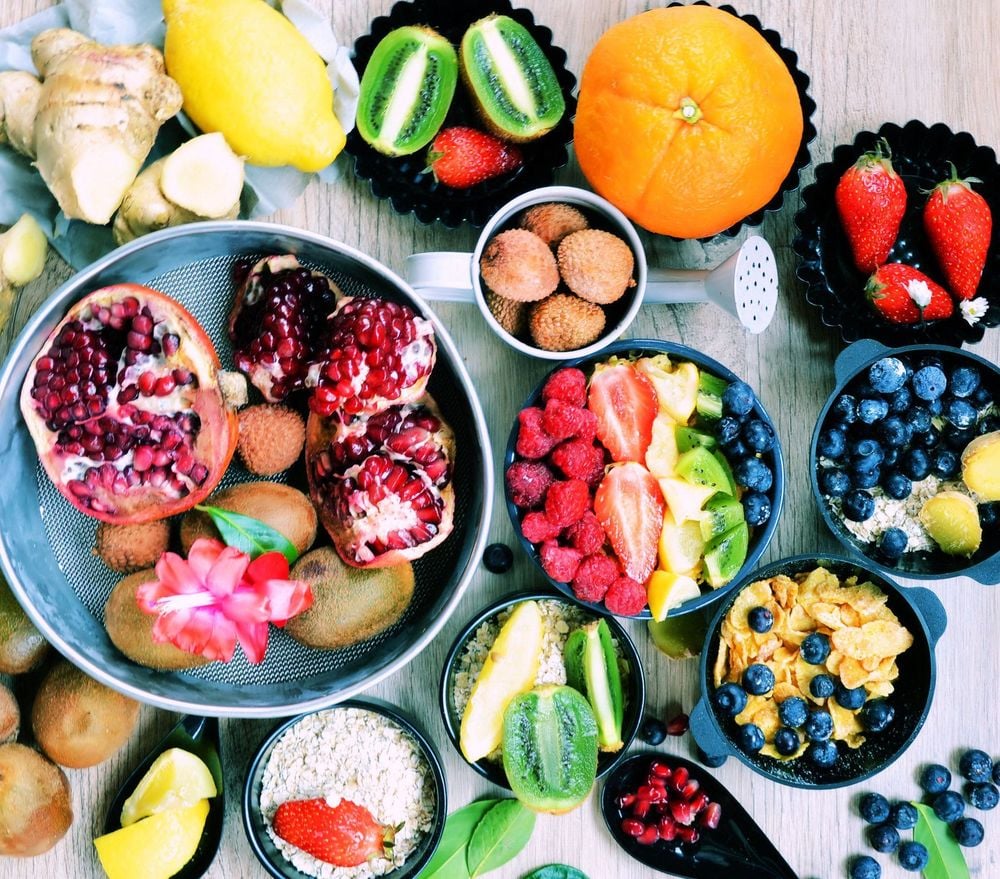Elevated triglyceride levels are a risk factor for various serious health conditions. Therefore, it is crucial to effectively manage this factor, and an appropriate diet is essential for stabilizing these levels in the blood.
1. What are triglycerides?
Triglycerides, or triacylglycerols, are compounds formed from glycerol and three fatty acids; these fats are present in animal fats and plant oils.
After triglycerides are ingested and digested by the body, they are utilized as an energy source. However, if the body accumulates excessive triglycerides, it can lead to hyperlipidemia and harm the body. Triglycerides can adhere to blood vessel walls, forming atherosclerotic plaques in the arteries, thereby obstructing blood flow. This increases the risk of cardiovascular diseases, myocardial infarction, stroke, overweight, and obesity. Consequently, individuals should maintain a suitable diet to prevent excessive triglyceride accumulation.
2. Foods to avoid with elevated triglycerides
Given that elevated triglycerides increase the risk of cardiovascular events compared to individuals with normal levels, it is essential to refrain from consuming certain foods that can exacerbate this condition. Several foods to avoid include:
2.1. Starchy vegetables
Some vegetables are preferable to others when attempting to manage triglyceride levels. It is advisable to limit the intake of starchy foods such as corn and peas, as the body converts excess starch into triglycerides. Many suitable alternatives are available, including broccoli, kale, and mushrooms.
2.2. Sugared beans
Beans are high in fiber and other beneficial nutrients. However, if they are sweetened, they may contribute excess sugar to the body, leading to surplus energy being stored as fat. It is recommended to choose whole, unseasoned beans to ensure a healthy nutrient intake.
2.3. Excessive consumption of healthy options
Fruits are acknowledged for their health benefits, as they provide vitamins, minerals, and fiber. However, individuals with elevated triglycerides may need to limit their daily fruit intake. Excessive fruit consumption can result in an excessive intake of natural sugars. If consuming dried fruits, it is imperative to remember that the portion size should be significantly smaller than that of fresh fruits.

2.4. Alcohol
Excessive alcohol consumption can elevate triglyceride levels. This is because sugar is a natural component of alcoholic beverages, whether they be wine or beer. Excess sugar, regardless of its source, can become problematic and contribute to increased triglycerides.
2.5. Canned fish in oil
Fish is beneficial for cardiovascular health due to its high unsaturated fat content. However, when purchasing canned fish, it is essential to check the label for added oil, as this can result in an unnecessary intake of fats. It is preferable to purchase canned fish packed in water.
2.6. Coconut
Coconut is a widely used fruit that can be found in various forms, including coconut milk, coconut water, shredded coconut, and coconut oil. Some individuals claim coconut possesses health benefits; however, it is also high in saturated fat, warranting caution when consumed in the presence of elevated triglycerides.
2.7. Foods rich in starch
Overconsumption of pasta, potatoes, or cereals can result in the conversion of starch from these foods into triglycerides. While these foods can still be included in the diet, they should be consumed in moderation based on individual weight and activity levels.
2.8. Sugary beverages
A significant amount of sugar intake can occur from beverages. Whether consuming iced tea, regular soda, fruit juice, or a coffee drink with syrup, one may be exceeding daily sugar requirements. The body can convert excess sugars into triglycerides. Therefore, it is advisable to reduce sugary beverages to mitigate triglyceride elevation.
2.9. Honey syrup or other syrups
One may assume honey and other syrups are healthful; however, they still constitute a significant source of added sugars. The sugar content in these syrups can be notably high. Consequently, minimizing the use of sugar syrups when not absolutely necessary is a measure to reduce triglycerides.
2.10. Grilled foods
Due to the high triglyceride levels often associated with grilled foods, it is advisable to limit saturated fats in one’s diet. This includes reducing the consumption of pastries made with butter and fatty meats cooked with excessive oils.

2.11. High-Fat Meat
While it is not necessary to completely eliminate meat from the diet, it is advisable to choose appropriate types of meat and limit those that are high in fat. Additionally, it is important to avoid all forms of processed meats, including bacon, sausages, and ham, as these have been associated with potential issues related to cardiovascular disease and diabetes.
2.12. Butter or Animal Fats
Butter and fats derived from animals contain substantial amounts of saturated fats or trans fats. Therefore, it is essential to limit consumption of these types of fats. Alternatives such as plant oils rich in unsaturated fats, including olive oil, canola oil, and flaxseed oil, may be considered.
It is hoped that this article has informed you about what foods to avoid with elevated triglyceride levels. When triglycerides are high, it is advisable to limit intake of foods containing saturated fats. Research indicates that reducing foods high in starch and sugars can be particularly effective in lowering saturated fat levels.
For more health, nutrition, and wellness information to safeguard your health and that of your loved ones, please follow the updates on the Vinmec International General Hospital website.
Please dial HOTLINE for more information or register for an appointment HERE. Download MyVinmec app to make appointments faster and to manage your bookings easily.
Reference source: webmd.com
To arrange an appointment, please call HOTLINE or make your reservation directly HERE. You may also download the MyVinmec app to schedule appointments faster and manage your reservations more conveniently.








